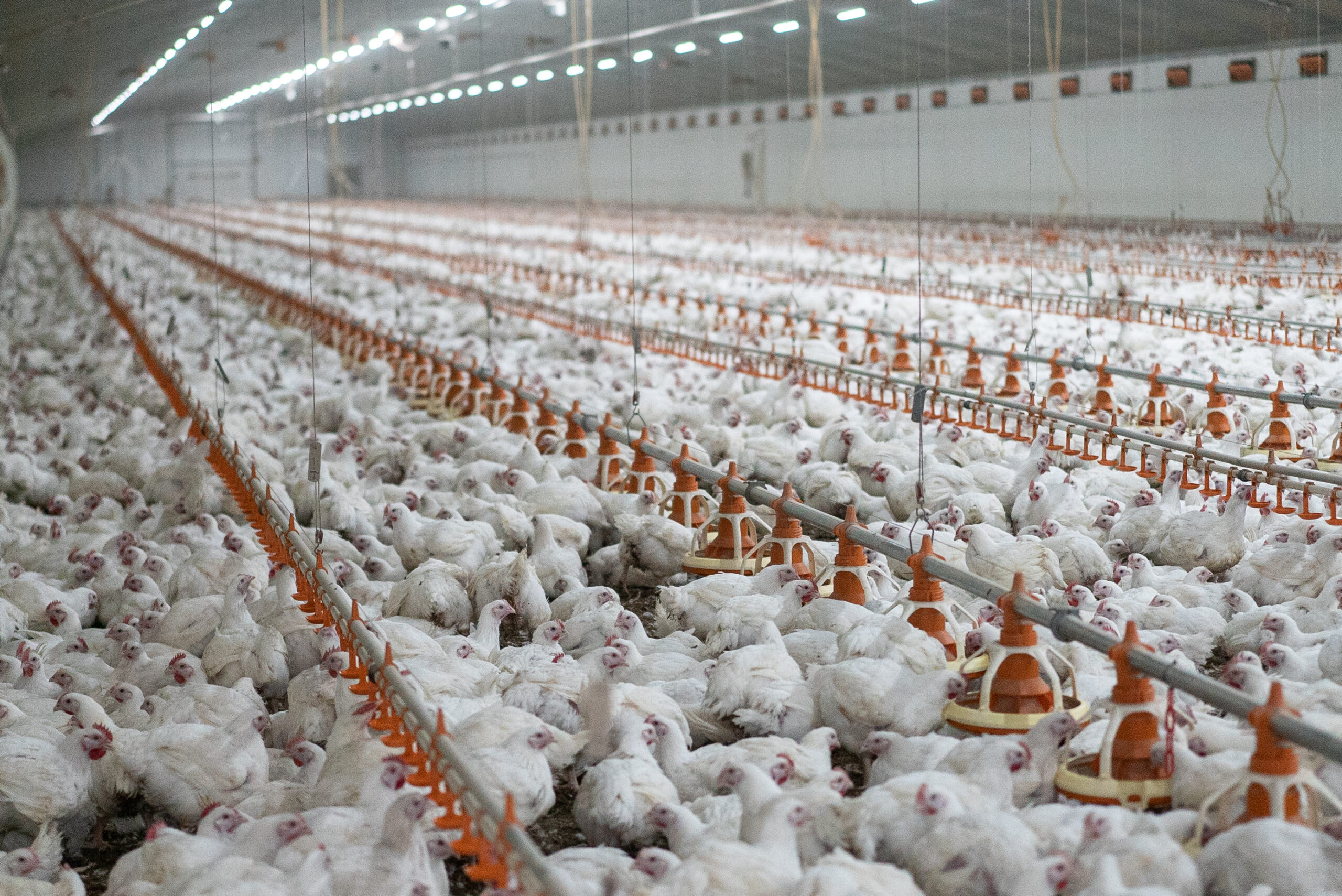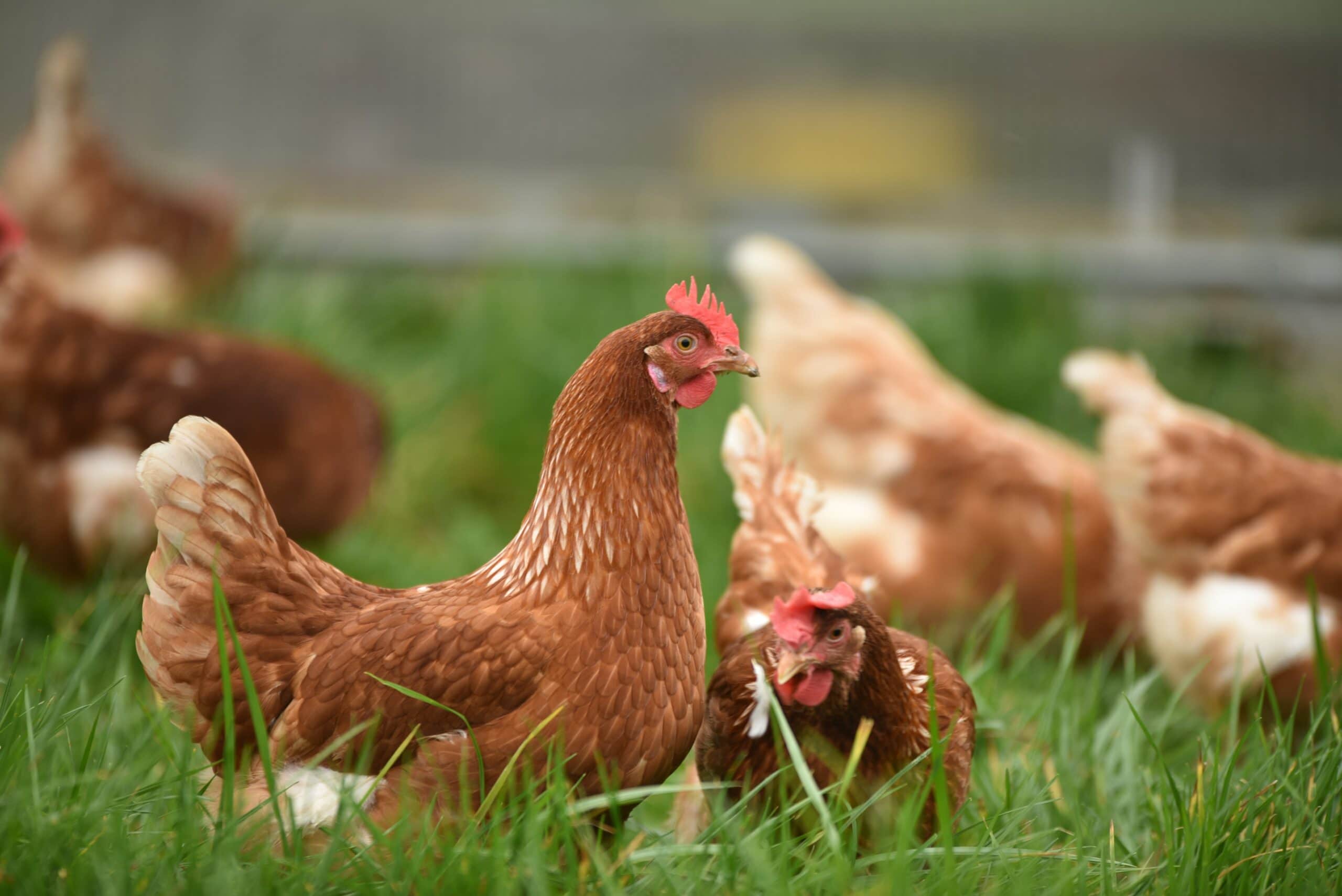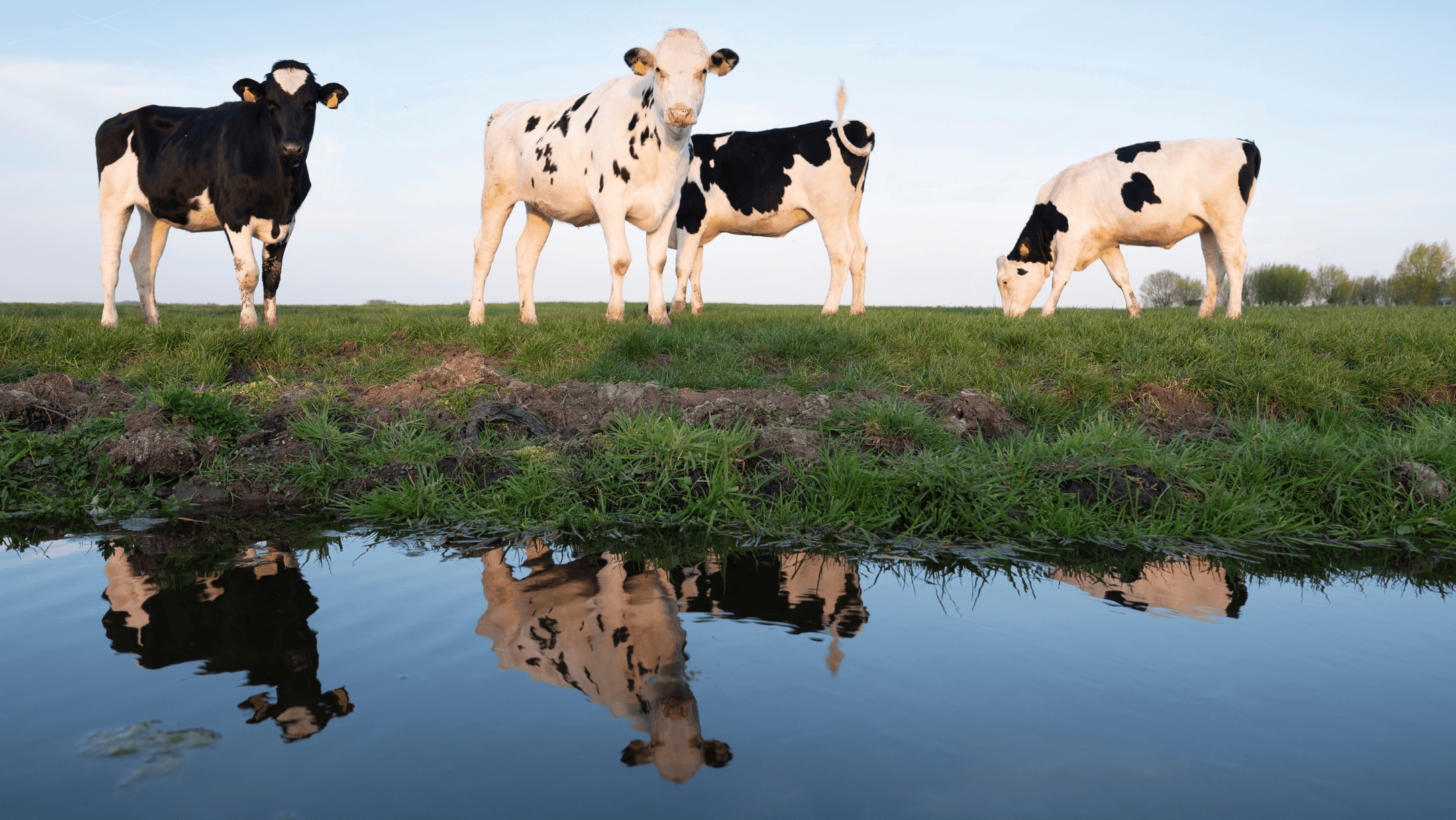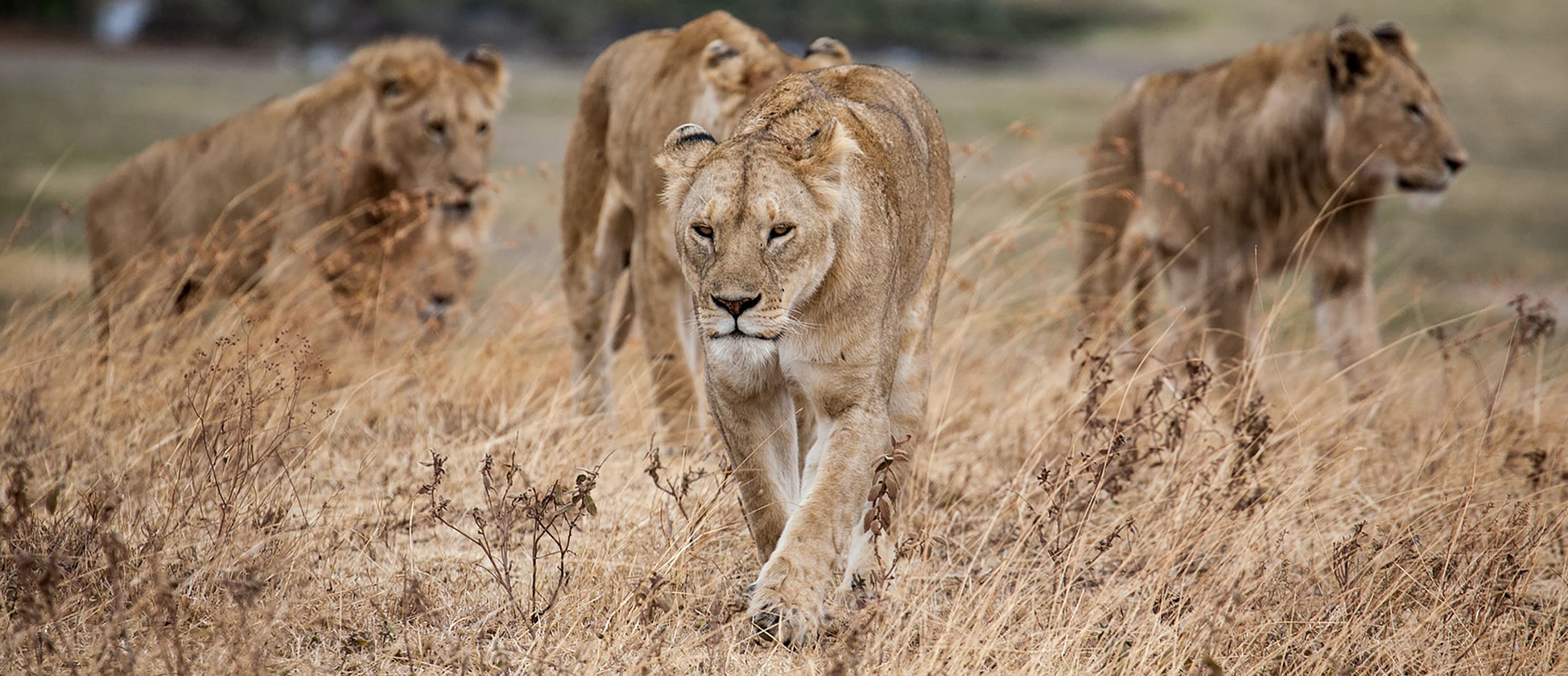Why the UN Food Systems Summit is Crucial for Animals, People and the Planet
As a lifelong naturalist who lives on a farm, I am acutely aware of how food, nature and the countryside are interlinked.
The other day, I managed to capture on film my first face-on barn owl whilst out walking. It was a very special moment. But this spring, I also watched a field being ploughed, only to discover that the soil had no worms. The local gulls that follow ploughs came to the same assessment and quickly flew off. A grassy patch that attracted a prospective pair of scarce woodlarks was ploughed under. Then came the chemicals spraying weeds away and insects too, that would otherwise feed hungry wildlife with their seeds and larvae.
Photo credit: © Philip Lymbery
It reminded me that there are two sides to factory farming.
The first where vast numbers of farm animals are caged or crowded. Chickens where they cannot flap their wings. Mother pigs crated so they can’t turn around for weeks at a time. Cattle taken out of fields and fed grain instead of grass.
All of which looks like a space-saving idea but actually isn’t, because vast acreages of precious arable land elsewhere have to be devoted to growing their feed – factory farming’s second side. In fields like the wormless one. Crop monocultures in artificial fertilisers, doused in chemical pesticides, leaving the countryside a green desert.
No wonder the United Nations (UN) warns: carry on like this, and soils worldwide could be useless within just sixty years.
Time is running out, the time for transformational change in our food system is now.
Which is why we need to seize the opportunity of this year’s UN Food Systems Summit to move towards a global agreement to end factory farming. To reset our food system. To regenerative, restorative farming, with nature, not against her. The Summit has been convened by UN Secretary-General António Guterres, as part of the Decade of Action to achieve the Sustainable Development Goals (SDGs) by 2030.
For the animal protection community globally, the Summit offers a major opportunity to awaken the world to the need to transform the food system to one that is truly humane and sustainable. Based on welfare-friendly, nature-friendly forms of regenerative farming and much reduced consumption of meat and other animal products.
To this end, I am honoured to have been appointed a ‘Champion’ of the UN Food Systems Network to represent animal welfare.
I hope animal protection organisations around the world will join me in engaging with the UN Food Systems Summit to encourage the systemic change so urgently needed in our food system. To move away from inherently cruel and nature-destroying forms of food production to ones that truly respect animals as sentient beings.
It is my fervent hope that the Food System Summit will spark a big conversation about the need for systemic change, not least by:
- Generating significant action and measurable progress towards the 2030 Agenda for Sustainable Development. One of the key things I would like to see is recognition that animal protection should be recognised with its own explicit Sustainable Development Goal.
- Raising awareness and elevating public discussion about how reforming our food systems can help us all to achieve the SDGs by implementing reforms that are good for animals, people and the planet.
- Developing principles to guide governments and other stakeholders looking to leverage their food systems in support of the SDGs. I expect these principles to set an optimistic and encouraging vision in which food systems play a central role in building a humane, fair and sustainable world.
- Creating a system of follow-up and review to ensure that the Summit’s outcomes continue to drive new actions and progress. To ensure that the Summit is the start of that big conversation for transformational change, and one that involves better protection for animals too.
The Summit is perfectly timed: it has never been more important for humanity, for animal welfare and for all life on Earth, to manage our food systems in a genuinely sustainable way.
I look forward to hopefully working with you through the forum of the UN Food Systems Summit to help bring about a genuinely compassionate world for animals, people and planet. One that properly respects all animals in the countryside, whether farmed or wild, and sets a course toward a new compassionate future.
Thank you.





